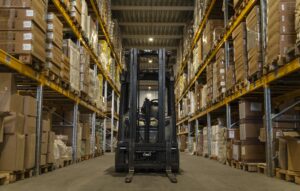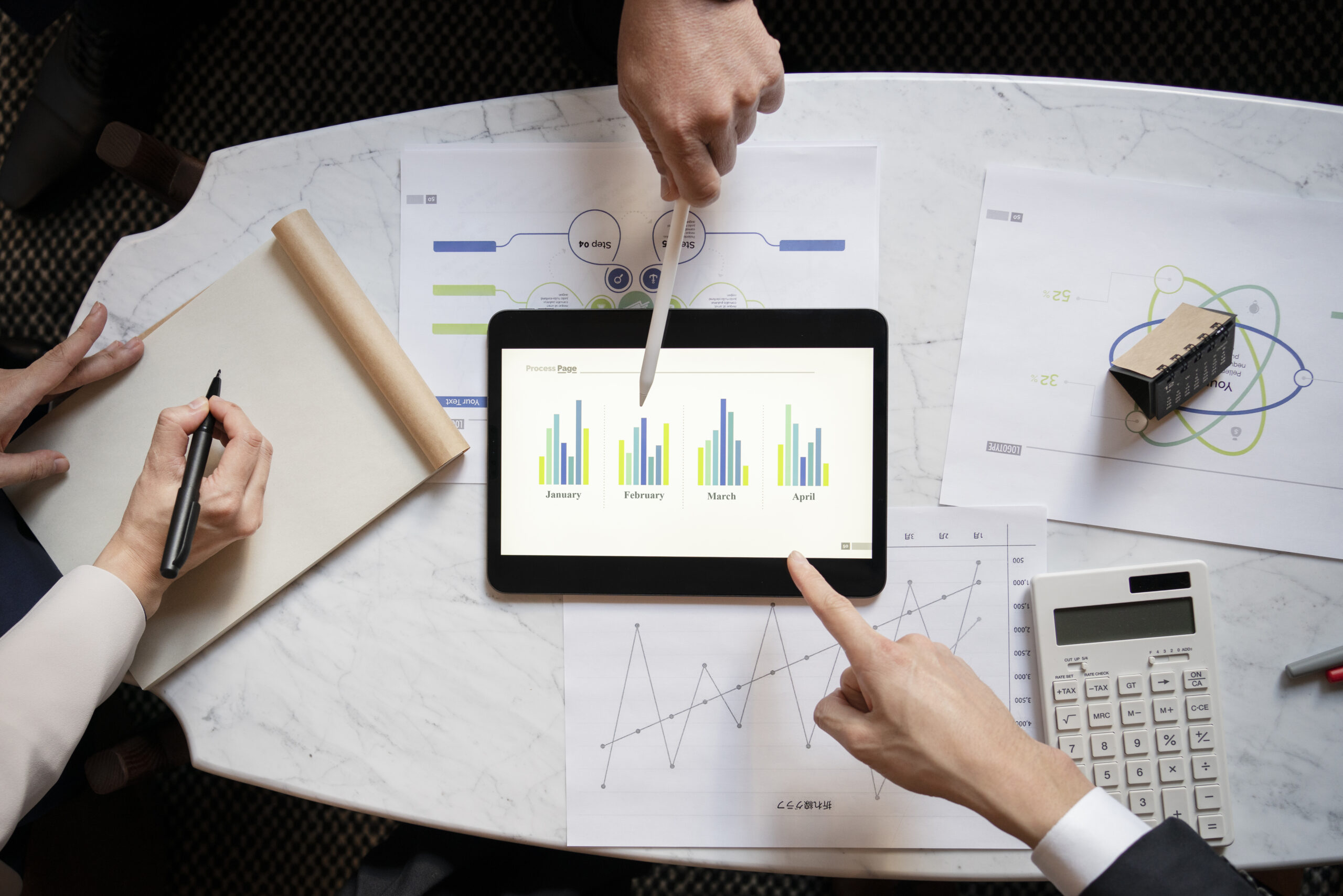Enterprise Resource Planning (ERP) is a vital tool for businesses. ERP systems bring various business processes, from financial reporting to human resources management, under one roof. Additionally, by making supply chain management more efficient, they enable businesses to respond quickly and effectively to customer demands. Integrated logistics, when combined with ERP systems, increases the efficiency and competitive strength of businesses.
The Connection Between ERP and Integrated Logistics
When ERP systems are combined with logistics applications, they offer unique advantages in supply chain management. This integration optimizes business processes in many areas, from material requirements planning to order management, inventory control, and shipping and distribution management. ERP systems provide valuable information about transactions throughout the supply chain, which is used in strategic decision-making processes.
 Integrated Logistics and Supply Chain Management
Integrated Logistics and Supply Chain Management
Supply chain management encompasses the journey of products from raw materials to the final consumer. With integrated logistics, this process is managed more efficiently and effectively. ERP systems automate supply chain processes, reducing error rates and increasing operational efficiency.
Cost Savings and Efficiency Gains with Integrated Logistics
When integrated with ERP systems, businesses experience significant cost savings and operational efficiency gains. This integration reduces unnecessary inventory holding costs, optimizes shipping and logistics expenses, and improves customer service processes. This allows businesses to both increase cost effectiveness and enhance customer satisfaction.
 The Future of ERP: Innovative Approaches
The Future of ERP: Innovative Approaches
In the future business world, the role of ERP systems will become even more significant. Artificial intelligence, machine learning, and automation technologies will further develop these systems. These technological innovations will make supply chain management smarter, more flexible, and efficient, thus enhancing the competitive power of businesses in the market.
The synergy between Enterprise Resource Planning and integrated logistics is an indispensable part of the modern business world. This integration enables businesses to grow faster and more effectively, quickly adapt to market changes, and maintain their competitive advantages. This integrated approach of ERP systems ensures the sustainable success of businesses.



 Integrated Logistics and Supply Chain Management
Integrated Logistics and Supply Chain Management The Future of ERP: Innovative Approaches
The Future of ERP: Innovative Approaches